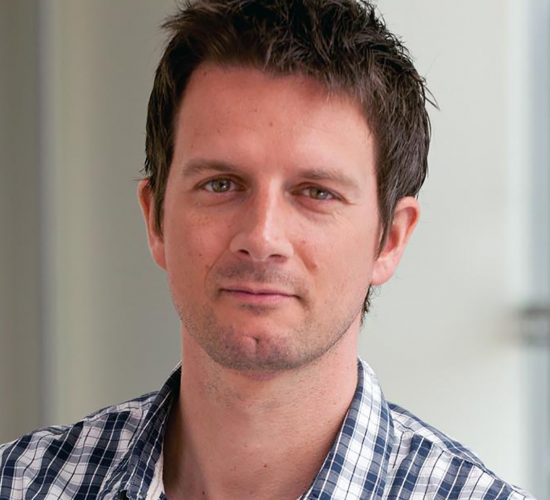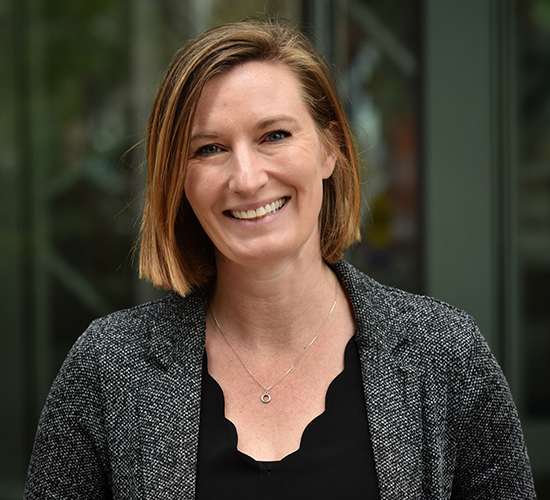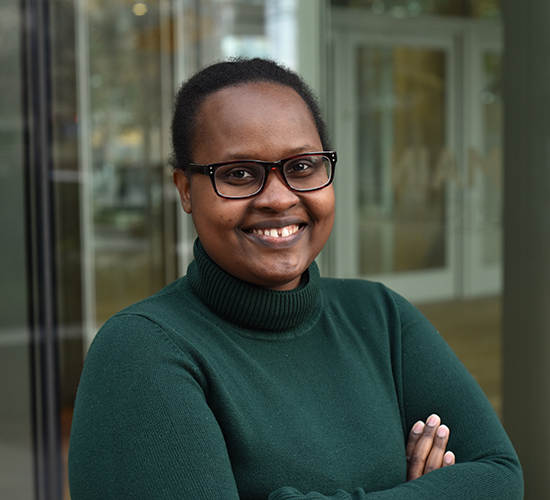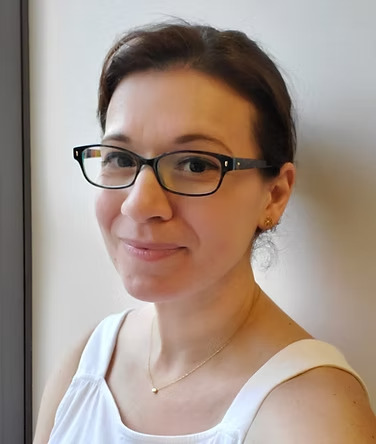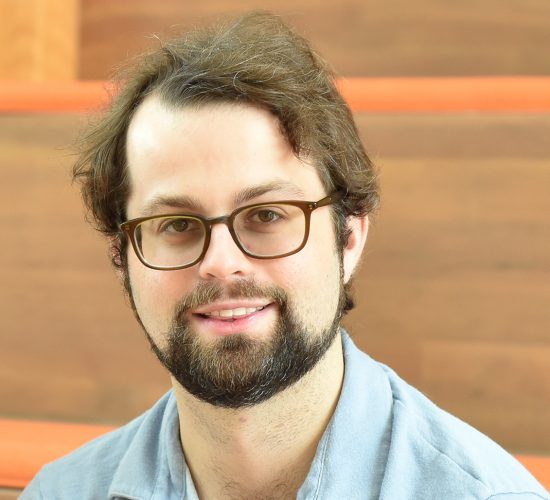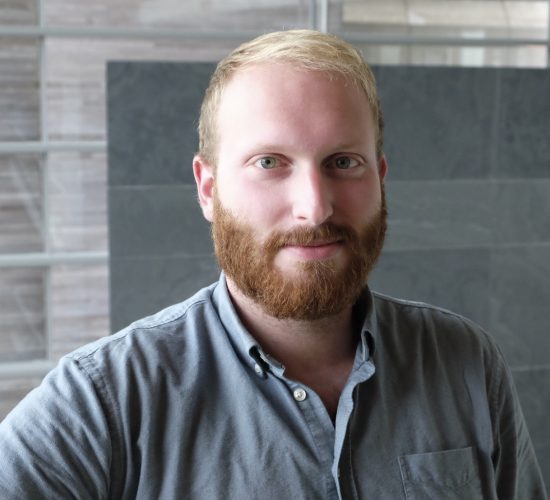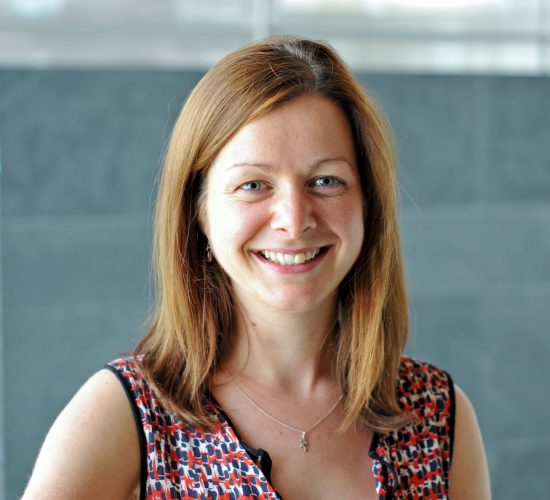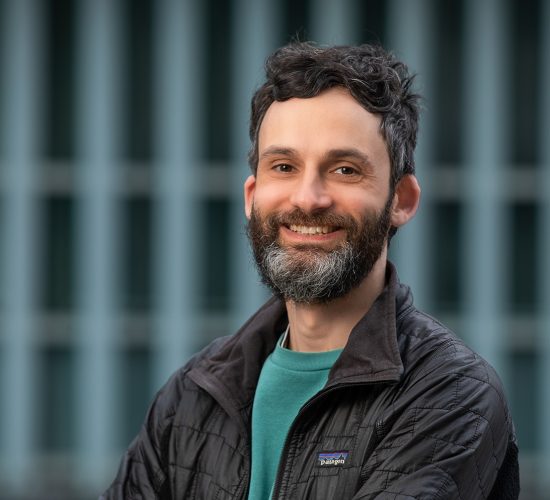Jesse Shapiro, McGill University, Canada
jesse.shapiro@mcgill.ca
The broad theme of the Shapiro lab is microbial evolution and ecology on “human” time scales (that is to say, relatively short time scales of years, months or days). The lab uses a combination of genomic and metagenomic sequencing and computational biology to understand fundamental processes of natural selection, diversification and speciation in bacterial populations. Current research projects in the lab include:
1. Genomic analysis of cholera transmission and microevolution (with collaborators at MGH, Boston and ICDDR, Bangladesh; funded by the Canadian Institutes for Health Research)
2. Evolutionary dynamics and population genomics of cyanobacterial blooms (with collaborators at the National Research Council of Canada and UFMG, Brazil; funded by the Natural Sciences and Engineering Research Council of Canada)
3. Interactions between diet, mercury toxicity and the microbiome in Inuit populations of Northern Canada



